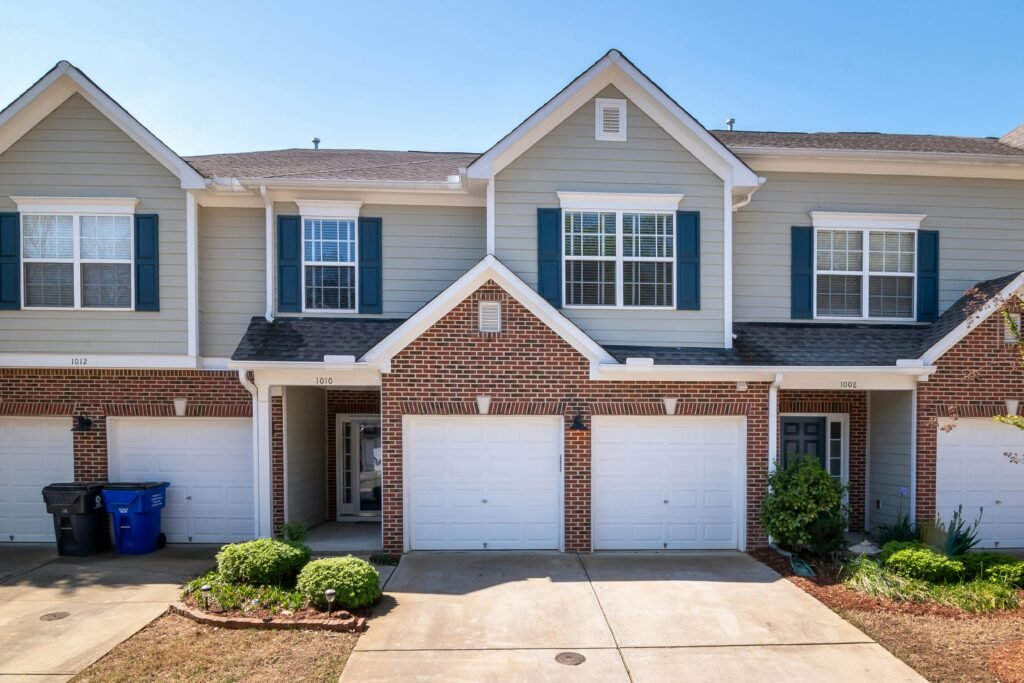Buying a house is a dream for many people. In this article, we discussed things to consider before buying a new home. Let’s start.
1. Location
- Proximity to Work and Schools: A shorter commute can save time and reduce stress. Consider how close you want to be to your workplace and local schools.
- Neighborhood Safety: Research crime rates and community safety. Websites and local police departments can provide statistics and reports.
- Future Development Plans: Investigate any planned developments, like new roads, schools, or shopping centers, which could affect your home’s value and quality of life.
2. Budget
- Purchase Price and Closing Costs: Know your budget for the home itself and factor in closing costs (which can be 2-5% of the home price) like attorney fees, appraisal fees, and inspections.
- Ongoing Expenses: Consider property taxes, homeowner association (HOA) fees, and regular utility costs to get a comprehensive view of monthly expenses.
- Renovation and Maintenance Costs: Plan for future repairs or upgrades. Older homes may need more upkeep than newer ones.

3. Type of Home
- Single-Family Home vs. Condo vs. Townhouse: Each type has pros and cons, such as maintenance responsibilities, privacy, and community living.
- New Construction vs. Resale: New homes may offer modern amenities and less immediate maintenance, while resale homes might have character and established landscapes.
- Size and Layout: Think about how many bedrooms and bathrooms you need, along with the flow of the space. Open floor plans versus traditional layouts can also impact your lifestyle.
4. Condition of the Home
- Age of Key Systems: Assess the condition and age of the roof, HVAC, plumbing, and electrical systems. Older systems may require upgrades sooner.
- Need for Repairs or Renovations: Evaluate the extent of repairs needed. Cosmetic updates may be manageable, but structural issues could be costly.
- Home Inspection Results: Always get a professional inspection. This can uncover hidden issues and help you make informed decisions or negotiate repairs.

5. Market Conditions
- Local Real Estate Trends: Understand whether you’re in a buyer’s or seller’s market, which affects pricing and negotiating power.
- Historical Appreciation: Research how home values have changed over time in the area to gauge potential investment returns.
6. Future Resale Value
- Factors Influencing Future Value: Consider the location, condition of the home, and neighborhood amenities. Homes near good schools or parks often retain value better.
- Market Demand: Look at the demand for similar homes in the area. High demand can signal a good investment.
7. Lifestyle Needs
- Space for Family Growth: Anticipate your future needs—extra rooms for children, home offices, or guest spaces.
- Outdoor Space and Parking: Evaluate if you need a yard for pets or kids, as well as sufficient parking for vehicles.
- Commute and Public Transport: Think about how much time you’re willing to spend commuting and whether public transportation is accessible.
8. School District
- Quality of Local Schools: Research school ratings and test scores. Good schools can boost property values and attract families.
- Impact on Home Value: Homes in desirable school districts often have higher resale values, making this a key factor even if you don’t have children.
9. Inspection and Disclosure
- Seller Disclosures: Review all documents from the seller regarding the home’s condition. This may include previous repairs, issues, and any other relevant information.
- Importance of a Thorough Home Inspection: A comprehensive inspection can reveal serious issues that might not be visible. It’s a crucial step in avoiding unexpected costs later.
10. Financing Options
- Mortgage Types: Familiarize yourself with different mortgage types (e.g., fixed-rate, adjustable-rate). Each has different risks and benefits.
- Pre-Approval Process: Get pre-approved for a mortgage to understand your budget and strengthen your position in negotiations.
- Down Payment Requirements: Know the typical down payment (often 20%) and explore options for lower down payment loans if needed.

11. Homeowner’s Insurance
- Costs and Coverage Options: Shop around for insurance policies. Costs can vary based on location, home value, and risk factors.
- Location-Related Risks: Inquire about additional coverage for risks like floods or earthquakes, depending on your area.
12. Personal Preferences
- Style and Aesthetics: Consider your taste in architecture and design. Are you drawn to modern, traditional, or something unique?
- Neighborhood Culture: Evaluate the community’s vibe, including local events, parks, and social activities. It’s essential to feel at home in the neighborhood.
Taking the time to assess each of these factors can help you make a more informed decision and find a home that truly fits your needs and lifestyle!
If you are looking for any construction services, we will help you fill the below form below